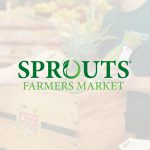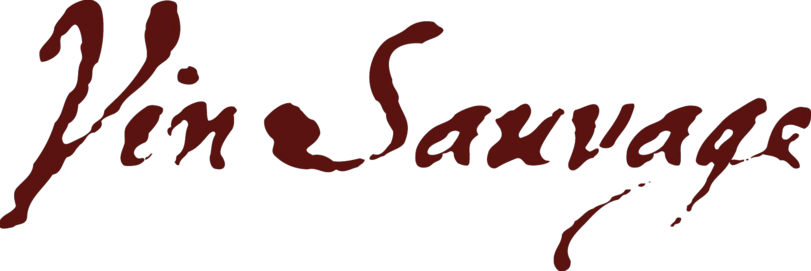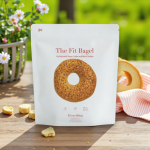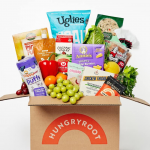Expo East Concerns Grow, From Safety to Sampling
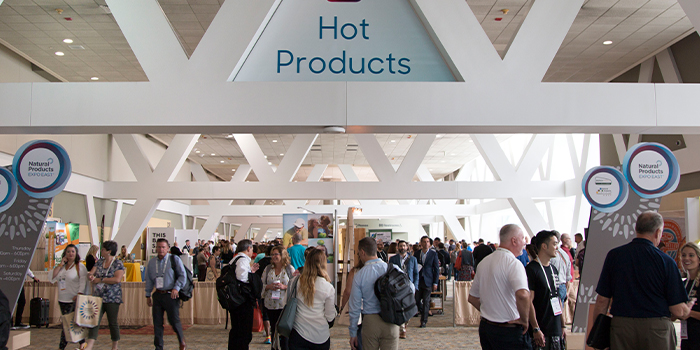
Members of the natural products industry have had a sense of deja vu the last few weeks as the fate of the annual trade show Natural Products Expo East has been a hot discussion topic. The September show, slated to be held in Philadelphia, will mark the first in-person trade show for most natural food and beverage companies since the Covid-19 pandemic began.
Last year, show organizer New Hope shifted both Expo East and its sister show, Natural Products Expo West, to a virtual format in response to high infection rates, but this year the company is moving forward, having spent recent weeks attempting to address attendee safety concerns and generate enthusiasm for a return to in-person events.
New Hope, a subsidiary of trade show producer Informa, has assured attendees that the climate has since changed and it’s time to gather in-person. However, in conversations with brands and entrepreneurs across CPG, NOSH found lingering questions remain among attendees as to safety protocols, possible financial losses and if there will be enough retailers in attendance to justify their presence.
Meanwhile, New Hope is dealing with a legacy of uncertainty following the rocky road to the last-minute cancellation of New Hope’s 2020 Natural Products Expo West, the company’s flagship event. Then, as now, concerns around COVID-19 were beginning to snowball. In March of 2020, it was trying to understand the scope of the infectiousness and danger represented by a new coronavirus. Now, it’s the ability of event planners to build a safe space even as the Delta variant expands and the country’s population has engaged in a mixed response to anti-transmission and vaccination measures.
In 2020, as brands pulled out and safety concerns increased, New Hope finally pulled the plug on the show the night before the first sessions were scheduled to begin. That late cancellation — no matter how prescient given the rapid spread of the virus that followed — left many brands frustrated, complaining that they would be unable to recoup travel, hotel, setup and shipping costs given many were already on their way to California and booths had already been erected. New Hope, in turn, set up a multi-million dollar fund to help defray costs and promised that all future cancellations would be announced with plenty of time to spare. That held true for both Expo East 2020 and Expo West 2021, which was first delayed, then cancelled.
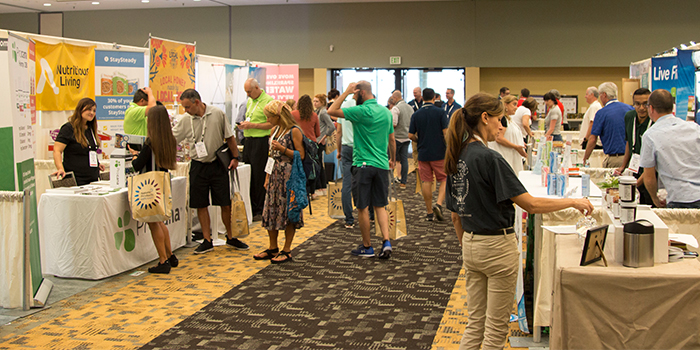
Last month, the same day the Fancy Food association announced it would cancel its own September trade show, New Hope sent an email promising it would push on with Expo East, confident that there would be no last minute cancellation. Still, from LinkedIn posts by brands, it seems some executives remain unconvinced, concerned that they might invest in a booth, pay for new gear, samples and marketing materials, only to see the event be cancelled.
So far, for 900 exhibitors, the risk is worth the potential reward. Still, that’s a decrease in exhibitors from previous years, and represents a drop of more than 200 in the last few weeks.
Transmission Fears
Currently the CDC website advises “you are more likely to be exposed to Covid-19” when attending indoor, crowded events. The agency also recommended that unvaccinated individuals not travel for the Labor Day holiday and that masks be worn at all times in parts of the country (Philadelphia included) that are seeing “high transmission” rates. Meanwhile, Dr. Scott Gottlieb, former FDA chief, told CNBC last week that he believes Northeast states will see a “Delta Wave,” and Covid-19 case uptick, after Labor Day and into September.
Given these facts, many brands are worried if will be safe for their employees to attend the show — especially those with children too young to be vaccinated or who are routinely in contact with immunocompromised or elderly individuals.
The show’s policies around sampling are also exacerbating concerns.
New Hope has noted that while masks are required for Expo East, they can be “briefly” removed in order to consume a sample, while standing at a booth. In theory, this should mean masks are only off for a second or two. But in reality, brand-owners worry that it’s a difficult process to police. Sample type matters too: a chip might be easy to quickly eat, the same doesn’t hold true for hot foods, foods that require a spoon, or multi-bite samples (such as a slice of pizza).
To mitigate this concern, some exhibitors are choosing to sample products that can be consumed off-site. For example, Bella Hughes, co-founder and president of Shaka Tea, said the company plans to sample its newly launched shots rather than pouring individual samples. But larger samples means the added expense of higher product and shipping costs.
Miyoko Schinner, founder and CEO of Miyoko’s, said her company relies on sampling to show buyers that their alt-dairy cheeses are as delicious as animal-based dairy products. So in order to preserve this experience, she said, her employees would have to stand in front of maskless attendees all day long. The brand had planned on a large 20×20 booth to promote its new pizza topping and cottage cheese. Initially, it was optional for employees to attend, but as the event drew closer, Schinner decided she didn’t feel comfortable moving forward and ultimately cancelled her booth this week.
“I love the buzz of Expo and I just couldn’t wait to get back there and reconnect with people,” Schinner said. “But I had to be honest, employees were nervous about going and it didn’t seem fair to me to say ‘well, you’re going anyway, it’s your job. You have to be there.’”
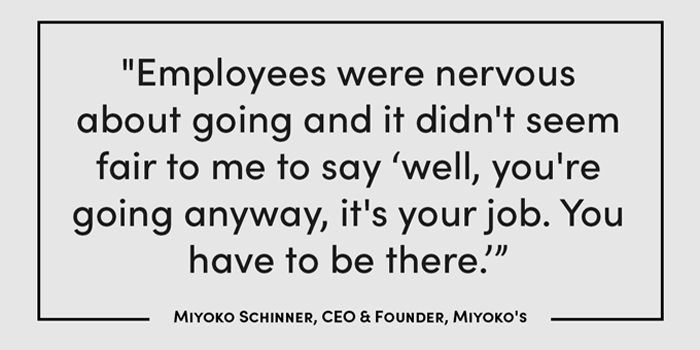
For coffee company Rise Brewing, attendance is also optional for employees. After the choice was extended, only six of the company’s 16 employees have elected to attend.
Though New Hope has mandated that all attendees be vaccinated or provide a negative Covid-19 test result, Schinner said she’s not willing to rely on that. The company self-manufactures its products and, given their perishable nature, an outbreak at its Petaluma, Calif. facility could cause major out-of-stock issues for their retail customers.
“We have not had a single transmission [at the company] — we’ve been very very very safe and [won’t put] people in what could potentially be harm’s way, no matter what New Hope is doing to ensure the safety of people. We’re hearing too many stories about breakthrough infections,” Schinner said. “It doesn’t matter if you’re vaccinated, it just takes one person.”
Jason Wright, the founder and CEO of Wilde Snacks, feels similarly about the safety risks. Wright was eager to attend this year’s Expo East, telling NOSH that he had deliberately restricted distribution of the company’s meat-based chips until the company had its manufacturing plant running, a goal accomplished only in the last year. At Expo East, Wright had planned to meet with new retailers as well as promote Wilde’s new pork chips and stand-up bag packaging. But ultimately the potential gains weren’t worth the risk, he said.
“Pennsylvania is seeing a rise [in Covid-19 cases] and I just didn’t think it would be the smartest decision for us to go pack our team into a convention center,” Wright said. “When you start adding all that up, and then add in the amount of money a brand like us has to have to spend to get to Expo, it just didn’t feel right to me.”
Wright was also concerned about another side to the sampling experience, that attendees just wouldn’t want to remove their masks at all to sample products. For Wilde, which makes chips from chicken or pork, sampling is key to getting that next meeting, Wright said.
“We have a motto in-house called ‘chips to chin’” Wright said. “With this mask mandate and just people being careful, which they should be, I just think it’s going to significantly decrease people trying products.”
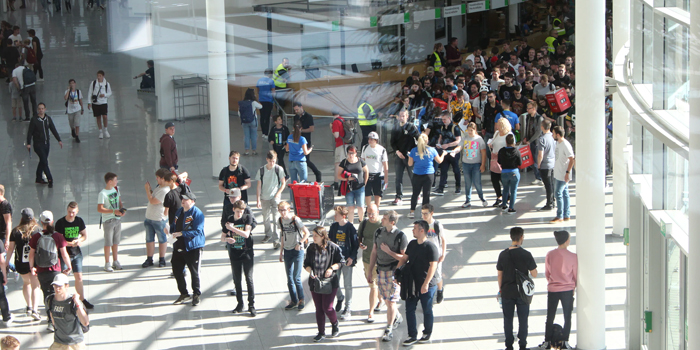
New Hope says it has hired 34 “safety ambassadors” and 100 security guards to ensure that attendees are wearing masks and only removing them for a brief time to sample products. The group will also supply all attendees with a reusable, two-layer, cloth mask.
“We are fully staffed and intending to enforce a mask mandate, politely and with respect,” said Carlotta Mast, SVP and market leader for New Hope. “This is our unfortunate new normal and I hope that we can have people adhere to the rules for the sake of the whole community.”
New Hope also plans to require that all attendees, including children, show proof of vaccination or a negative covid test from the last 72 hours. In hopes of avoiding crowding at entrances, there will be five locations for a total of 15 “checkpoint locations” where attendees, exhibitors, vendors and staff can show this documentation and receive a wristband to be worn for the duration of the show. Security supervisors will also be at each of these locations to assist or address any disruptions.
New Hope itself has made attending the show optional for all of its staff. Those that do attend, will be able to work remotely when they return home and have free access to testing, paid for by the company.
Shopping for Buyers
Assuming all safety protocols are working, there’s another looming question: where are the buyers? Among the retailers who regularly attend the event, travel policies vary: some large chains, such as Target, still have restrictions in place, while others like Whole Foods Market and Giant Eagle, have made it optional for their buyers to attend.
“There’s two big key players that make the industry go: brands and then the retailers. Everybody else is benefiting from those two buckets, “ Wright said. “When one of those two players can’t or won’t probably attend (the retailers), then the brands I mean, really, we don’t have a show.”
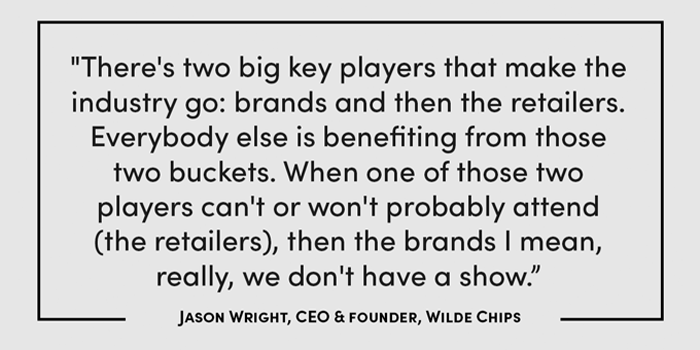
Though the event’s website has a list of buyers, it notes these are retailers that have expressed interest in attending, and are not necessarily confirmed. Currently some of the larger retailers on this page include Rite Aid, Natural Grocers and Earth Fare. New Hope told NOSH it currently has buyers from 93 stores registered as part of its hosted buyer program, with many from regional stores. Still, it’s unclear how up-to-date the list or how it might change — Thrive Market told NOSH it has decided to pull out of attending for “multiple reasons,” yet is still listed on Expo East’s website as of press.
During the pandemic many food companies saw direct-to-consumer online sales rise dramatically. While brick-and-mortar retailers are still key to the success of most food and beverage companies, some brands may still be leaning on online sales to let them take a slower approach to adding doors. The risk in attending Expo East may be less valuable for brands who have other revenue generating options.
Attending Expo East and West have been key components for many brands’ marketing and PR calendars.
“Historically trade shows, especially Expo West and East, have been two of the most critical moments of the year for my clients. I have often said it is the EGOT of our industry (Emmys, Grammy’s, Oscar’s and Tony’s),” Sara Brooks, Chief Brand Officer of PowerDigital Marketing (formerly CEO of Covet PR) said. “[Still] we are down to just a handful of clients that are attending the show. Some fear that like Expo West, it will be cancelled shortly before the first day, leaving many scrambling. Others did a risk/reward assessment and since many retailers and buyers have been pulling out, they just don’t think there is much value. And of course, there is also the main driver, which is doing a show that has largely relied on sampling just doesn’t make much sense in this climate.”
For emerging brands, attending Expo East could eat up a larger percentage of their marketing budget, so attending even if there are smaller numbers of buyers could lower the return on that investment. Still, some entrepreneurs see the decreased attendance as an opportunity to stand out.
“If we had been an established brand that had been around for a while, we probably would have canceled… but we’re a new brand and we’re seeking that exposure,” said Steve Taneman, VP of sales for Yishi, an Asian-inspired oatmeal company attending its first Expo. “We can’t afford to miss these opportunities of face-to-face [interactions]…maybe we have a better chance of being seen because it won’t be quite as noisy, so to speak, from competition.”
One other concern from brands has centered around the choice to do away with badges this year, a decision New Hope chalked up to sustainability goals and a means of reducing crowding at check-in desks. With masks covering much of attendees’ faces, and no identifying badge with a green “buyer” stripe, brands fear that the people they want to most reach will be incognito.
As an interim step, New Hope has since adjusted its plans. While it will not automatically supply badges and lanyards to all attendees, those who do want a badge can print one at self-service kiosks.
Condiment and sauce brand Otamot is not exhibiting at Expo due to concerns over buyer attendance and Covid but still hopes to achieve the attention of buyers. The brand paid the slightly higher non-exhibitor fee to submit its new pizza sauce for a Nexty award, which will be announced at the event. As a finalist, the sauce will be highlighted in a showcase and the brand has received press on New Hope’s website and social platforms, making the added cost well worthwhile, according to CEO and founder Andrew Suzuka.
“[What] pushed us over is genuine concern that the impact of the buyers that will be going to the shows won’t be as expected,” Suzuka said. “I just believe that between myself and my broker, we’ve been able to develop sales strategies that are pretty targeted to where we want to go.”
Philly’s Interest
As the largest conference that Philadelphia has hosted since the pandemic began, Expo East represents an opportunity for the city to rise to the safety challenge, said Gregg Caren, who runs the city’s convention and visitor’s bureau. Informa and ASM Global, the convention center’s management group which also manages 350 publicly owned venues, have both made significant investments of time and resources into understanding the safest ways to hold events, he notes.
Philadelphia has held a few smaller shows already, and Caren said the convention center saw thousands of attendees pass through its halls during the November election and for vaccination clinics. Other large organizations are also pressing forward with their own plans for shows later in the year, he said. The only cancellation thus far, he added, has come from the American Academy of Pediatrics (AAP), which was scheduled to have its conference in October. The AAP’s website notes that “the recent surge in COVID-19 infections across the U.S. from the delta variant and the transmission of COVID-19 to children make it challenging for large numbers of attendees to convene safely in person and continue to protect themselves, their patients, their families, and their communities.”
“I respect the knowledge of Informa and that’s what gave me the most gravitas to go to our city and our officials,” Caren noted. “We’ve got a major global player like Informa and a major convention and tradeshow city like Philadelphia. Both of us are in the business of having these events take place, and both of us can and will do everything we humanly possibly can to make the event a success in a safe environment.”
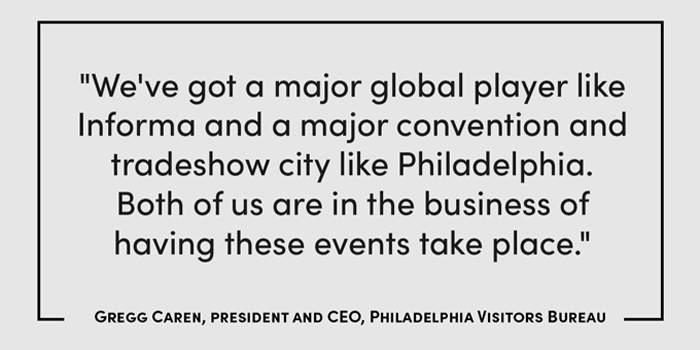
When it comes to buyers, Mast acknowledged that attendance numbers will be lower than previous years, as will those for the event as a whole. As of September 10, the event has 11,000 registered attendees — roughly two-thirds fewer than Expo East 2019. However, Mast said she was confident those who do make the trip to Philadelphia will walk away satisfied with the experience.
“The people who are there, they are comfortable being there, they want to be there, they’re committed to being there, and the quality of the interactions that happen as a result, are very high,” Mast said. “[These events] do look different, they’re smaller. But people come out of them feeling really like they got a good quality experience.”
Brad Avery contributed to this story.

